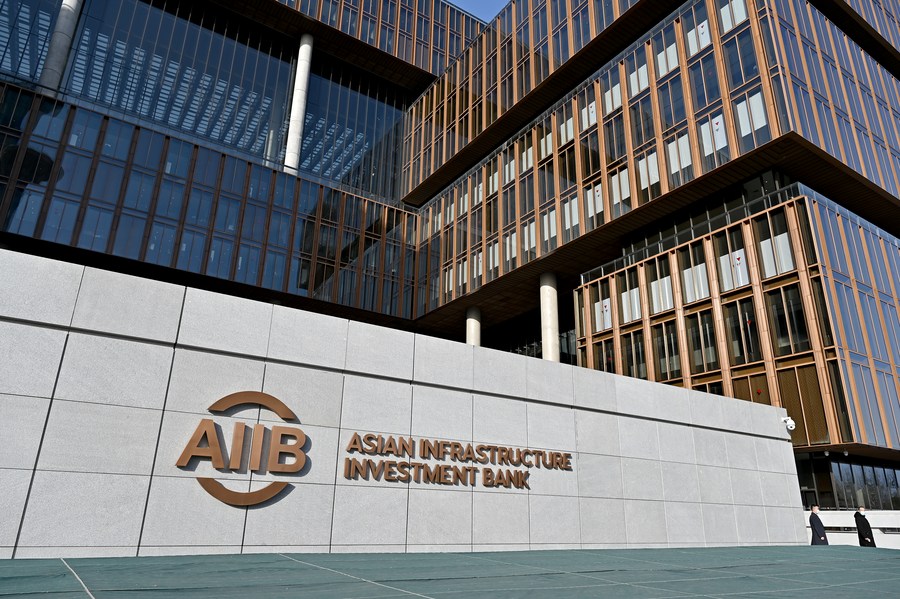AIIB may officially end coal financing in 2022
 0 Comment(s)
0 Comment(s) Print
Print E-mail China Daily, August 6, 2021
E-mail China Daily, August 6, 2021

The Asian Infrastructure Investment Bank may officially rule out coal projects if it updates its energy strategy next year, after shunning funding for such plants since it began operations in 2016, Jin Liqun, president of the bank, said on Wednesday.
The bank has never funded any coal-fired projects, despite provisions for such financing, Jin said at the virtual 2021 Aspen Security Forum.
He was referring to AIIB's 2017 Energy Sector Strategy, in which it pledged to "reduce the carbon intensity of energy supply" with "a sizable reduction in coal investments". However, the strategy stated that the bank will consider financing coal-fired power plants if they replace existing ones with less efficient capacity or if no alternative exists.
"So next year, we may review or upgrade the energy strategy. My view is in the … updated strategy, coal definitely would be out," he said, adding that the bank has been "more prudent" than what is stipulated in the energy strategy.
The bank is focused on developing Asia but has members from all over the world. It has a stated mission of building a green "Infrastructure for Tomorrow", with sustainability, innovation and connectivity at its core.
Jin has led the Beijing-headquartered bank since it was founded in 2015 and started his second five-year term as president on Jan. 16.
An earlier comment of Jin's that the bank will not finance any coal project or other project "functionally related to coal" drew widespread attention as Asia's coal reserves represent 38 percent of world's total.
At the forum, Jin gave an example of AIIB turning down a power transmission project of a developing country that involved a coal-fired power plant, even though that plant was built with clean technology.
"We still turned it down, because the transmission line was to be linked to a coal-fired power plant," he said.
Jin said the bank is committed to having 50 percent of financing directed to climate investments by 2025, up from about 40 percent now. The financing will go to clean technology, energy efficiency and other areas that help cut carbon emissions.
"Infrastructure investment in today's world should be done in a way very much different from what it used to be; we have to do it in an environmentally benign way. … So we focus very much on renewables," he said.
'Integrated approach'
AIIB has opted to take an "integrated approach" to climate mitigation and adaptation, investing in areas like mass-transit systems to reduce the number of vehicles on the road, he added.
Since the outbreak of the COVID-19 pandemic, AIIB has focused on lending and budget support to countries asking for help. "In 2020, we invested $7 billion in dealing with COVID-19 to help these countries get back on their feet as soon as possible and get regular infrastructure projects moving forward," he said.
Jin said the pandemic has accentuated the importance of social infrastructure. AIIB will still allocate a "suitable" proportion of resources to build up the healthcare systems of member countries.
The bank has approved at least $22 billion in loans for 108 projects over the past five years, during which its number of members expanded from 57 to 103, according to the AIIB's 2020 annual report.






Go to Forum >>0 Comment(s)